Today on the domestic market there are a lot of metal detectors from different manufacturers, which, to some extent, complicates the selection process. However, if you clearly understand exactly what characteristics are necessary, it is much easier to choose a suitable device. In this article, we talk about types of metal detectors, describe their working principle, identify the main criteria for which a choice is made, and also list several of the main brands represented in this industry.

Contents:
- The best manufacturers of metal detectors
- The principle of operation of metal detectors
- Varieties of metal detectors
- Parameters of a metal detector
- How much are metal detectors
The best manufacturers of metal detectors - which company to choose
Today, you can bleach five brands that are really the best in the field of manufacturing devices of this type:
1. Fisher
2. Garrett
3. Minelab
4. Whites
5. Aka
All of the aboveThese manufacturers offer a wide range of devices characterized by high build quality and reliability. Naturally, they perfectly cope with all the tasks assigned to them. Select a metal detector of a manufacturer stands by some criteria, among which the most important is the purpose of the device.
- See also: rating of the best metal detectors
Principle of operation of metal detectors
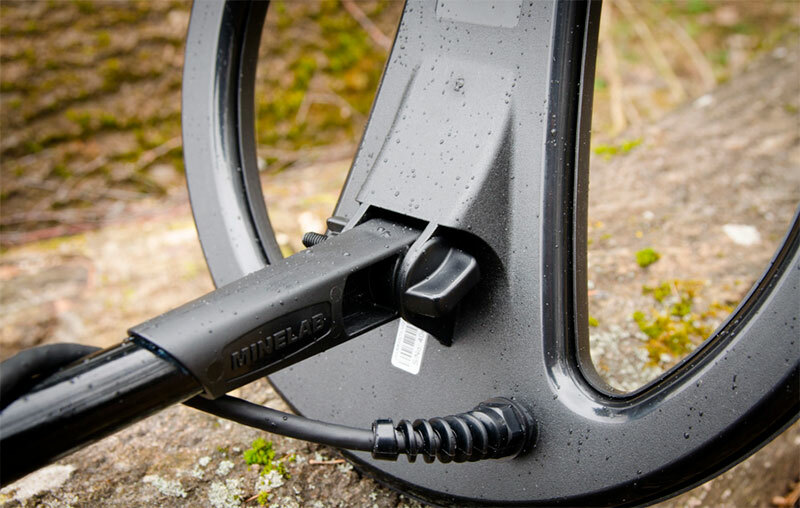
Devices of this type have a different operating principle depending on the final goal of operation.
Before we go directly to the description of each of them, we will distinguish the main types of metal detectors on the basis of their design features:
1.
magnetometers At the heart of the magnetometers work is the detection of small anomalies of the earth's magnetic field. These devices have practically no value for those who are looking for treasures, since metal objects can not be detected underground.
2. Devices based on detuning and metal detectors with a dependent generator
With regard to metal detectors with a dependent generator, as well as devices operating on the basis of detuning, they are characterized by low sensitivity. Their principle of operation is the effect of iron objects on the search coil, which is determined by the oscillations of the inductance.
3. Devices that function on the basis of induction
They are designed for a large audience and are in high demand. Devices of this type are equipped with two coils. One of them creates an alternating magnetic field. As for the second coil, there is no electrical signal at the output. As a result, as the metal is approached, the configuration of the magnetic field in the coils changes and a signal appears. In modern equipment of this type there are still additional options that allow the operator to transmit information about how deep the find lies, what is the relative conductivity of the metal, and so on.
4. Devices based on impulse induction
Devices operating on an impulsive basis have a number of significant advantages. In particular, they have the greatest sensitivity among all devices of this type. Also, these metal detectors have a fairly simple design and they are practically insensitive to the magnetic field of the earth. However, such devices have their own drawbacks. These include, for example, the need for a high-capacity battery. They, in turn, are very sensitive to small metal objects. Therefore, in the 90s of the last century discriminators began to be used.
Types of metal detectors
In order to select the appropriate equipment, it is necessary, first of all, to determine what kinds of metal detectors are in terms of their purpose.
The following classes of metal detectors stand out:
1. Ground
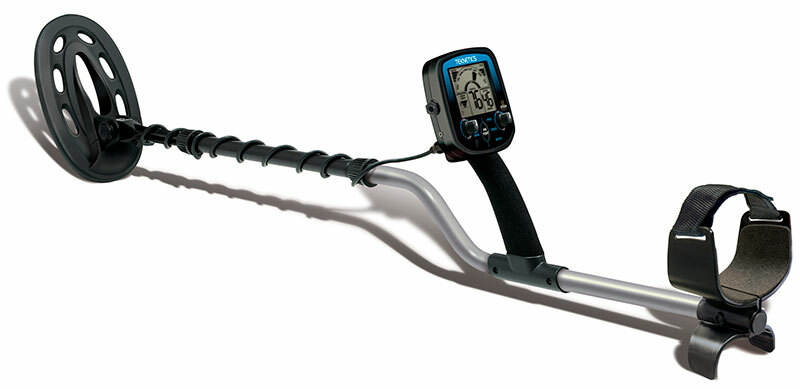
This group of devices is widely used by specialists and amateurs to carry out works in the field of archeology. Such metal detectors are used to detect small metal objects, such as coins, household items, artifacts and so on. A feature of such equipment is that it is able to determine the type of metal.
2. Underwater
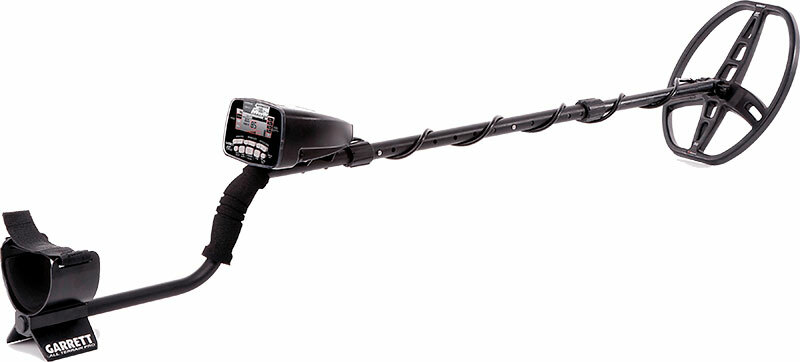
Underwater detectors are used to search for coins and artifacts at depths. Such devices are usually used by diver-treasure hunters.
3. Depth
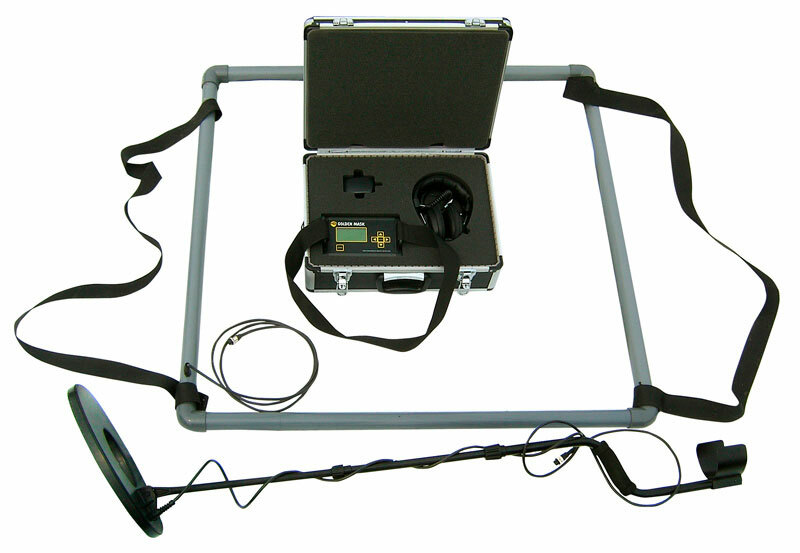
Unlike previous ones, deep ones are able to recognize large enough objects. They consist of large rectangular frames( sometimes such metal detectors are also called frame ones).From submarine and subsoil they differ not only in appearance, but also in the principle of work.
Such equipment is capable of detecting metals at greater depths than other devices. But they also have one important drawback - they are not able to determine the type of material.
4. Special
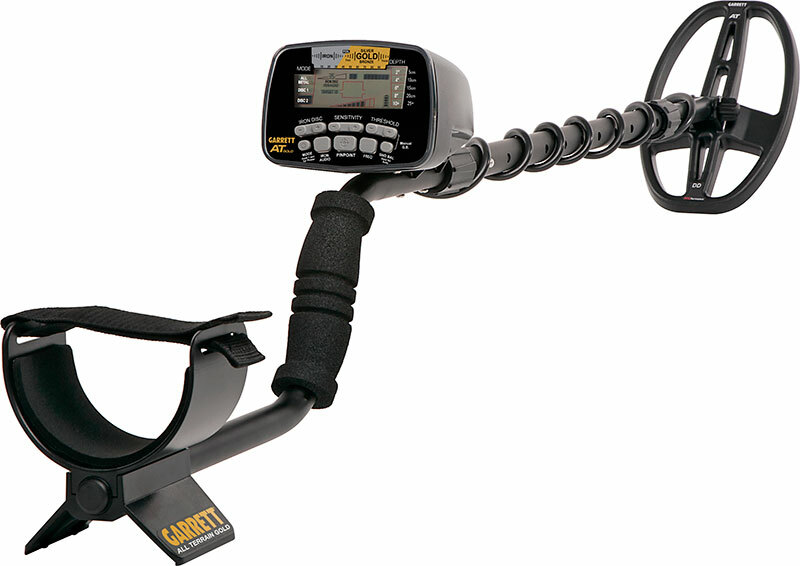
Used for the detection of precious metals. On the one hand, reconnaissance can also be done with the help of a conventional inexpensive device. But only in the event that this occupation is nothing more than a hobby. For professionals, special equipment is developed that allows exploration at maximum depth and finds even small pieces of precious metal.
5. Industrial
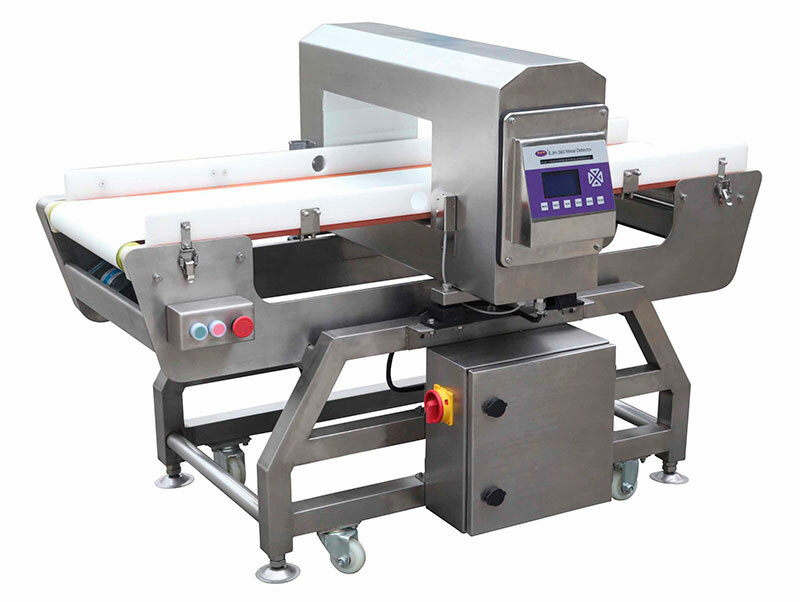
Industrial metal detectors are used in various industries. Such devices are often installed on conveyors. Their main task is to determine the presence of metal, for example, in a wooden board. Such a need may be due to the presence of equipment, which can fail if solid objects fall.
6. Military
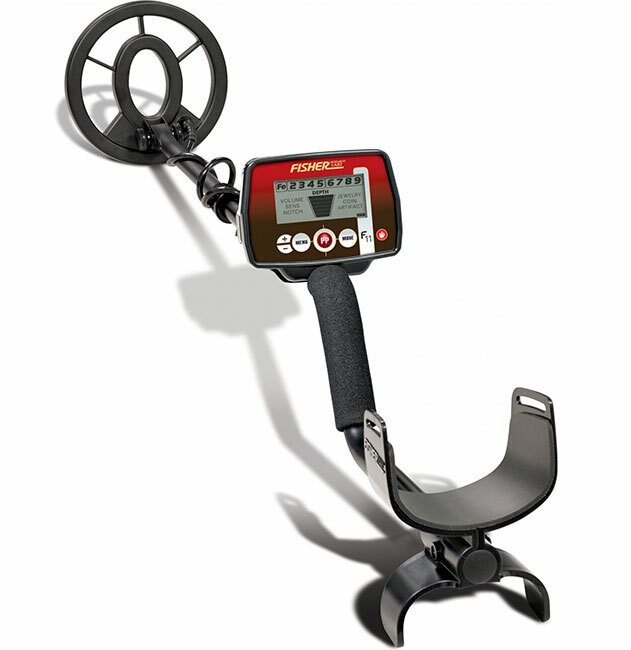
Allocate and military metal detectors, which are used by engineers to detect and deactivate mines. For these purposes, medium-earth devices are perfect. The main characteristics when choosing such equipment are simple operation, long battery life, and reliability.
7. Security
Stationary
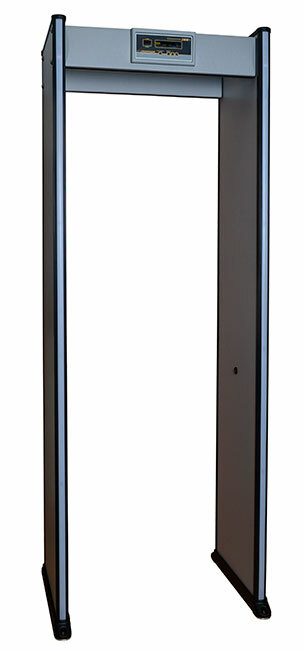
Such equipment can often be found in public places. Stationary installed in the form of frames or turnstiles. Such metal detectors can be found, for example, at the airport or at the entrance to mass events.
Portable
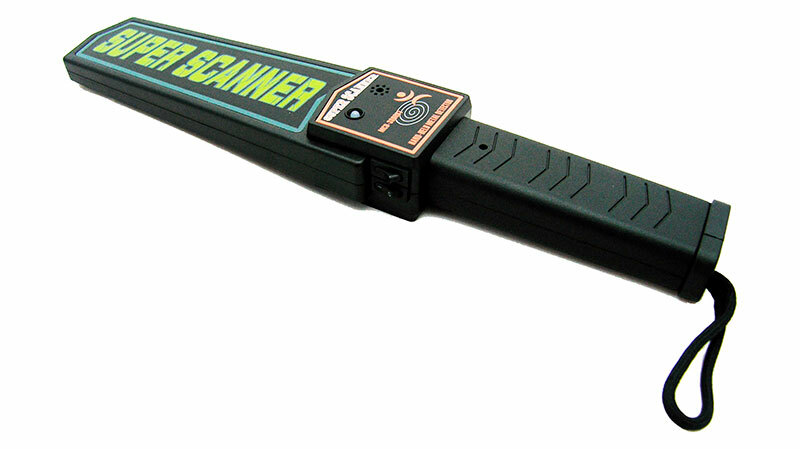
As for portable - these are small devices with low weight, allowing the operator to easily scan a person for the presence of metal objects. The main goal is the protection of places of congestion of people from possible terrorist acts and other crimes.
Parameters of metal detector selection
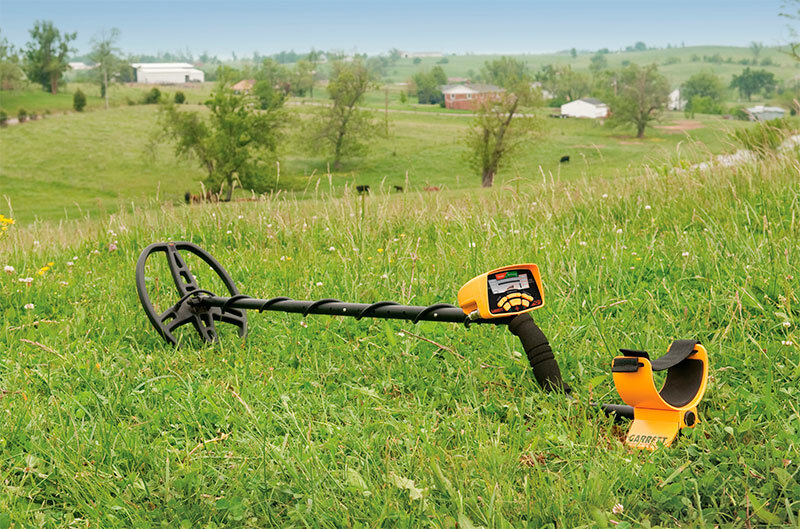
Features of construction and operation of search coils
All coils can be conditionally divided into those that have a wide and narrow grip. The advantage of the former is that they allow for a relatively short period of time to conduct reconnaissance of a larger area. In addition, such coils have a wider coverage, which virtually eliminates the possibility of error.
However, there are such devices and their shortcomings. For example, they are not capable( or almost not capable) of discriminating targets( that is, allocating garbage, for example).Unlike them, devices with a narrow grip here have obvious advantages. If you search professionally, you can use both types of equipment.
Equipment with narrow coverage, is capable of conducting more accurate reconnaissance of the terrain.
By the way, the vast majority of modern metal detectors are equipped with so-called discriminators. These devices are able to distinguish between goals, which greatly improves search efficiency.
To solve the problem of the influence of the electromagnetic field of the earth, the Faraday shields, which can be made of iron oxide, are used to operate the metal detector. It should be noted that it is practically impossible to completely exclude the influence of the earth's electromagnetic field and this problem has not been completely solved in modern devices.
What should I look for when choosing a metal detector
1. One of the first indicators that amateurs pay attention to is the depth of the search. Each user of such equipment wants his device to equally well "see" metals at different depths. But, unfortunately, from a technical point of view it is impossible today.
Therefore, before buying such equipment it is necessary to determine the depth at which searches will be conducted and purchase devices based on these considerations. It is also important to understand here that practically no manufacturer specifies the exact figures of the depth of detection, since this parameter is directly dependent on many factors, including the size of the target.
In addition, the degree of mineralization of the earth can also affect the parameter, such as the depth of detection. It is quite logical that the higher this index, the smaller the depth of detection.
2. An important parameter of the metal detector is the possibility of discrimination of targets, that is, the ability of the device to distinguish different targets by the type of material. This indicator affects the cost. The higher the ability to discriminate the device, the more it will cost.
3. When choosing a device, you should pay attention to the presence of the pinpoint function, which allows you to identify the exact location of the object in the ground. It is absent only in the most budgetary models.
4. It is worthwhile to pay attention to the choice of how the device is functional, what options are offered by the manufacturer and how easy it is to work with it. For fans usually just a few settings. In addition, it is desirable that the device was as simple as possible in operation.
5. The weight of the equipment is also important when selecting. After all, any searches are limited only by the physical capabilities of the operator. The higher the mass of the device, the less time the operator will be able to work with it without interruption.
6. It is worthwhile to pay attention to such an indicator as the tightness of the device. Works can be conducted in different weather conditions. It is not always possible to choose a warm, sunny day. Accordingly, not only the operator, but also the equipment should be ready for operation in extreme conditions. To date, most universal metal detectors have a sealed enclosure that protects the device from the effects of atmospheric precipitation.
How much are metal detectors

In order to at least approximately answer this question, it is necessary to determine the purpose for which it will be used:
1. Fans can save by buying a metal detector at a price of up to 16,000 Russian rubles.
2. Experienced treasure hunters can expect decent equipment in the price range from 16 000 to 25 000 rubles.
3. Devices for professionals will cost an average of 26 000 to 34 000 rubles.
4. Finally, if you require the maximum functionality, you can pay attention to equipment that costs from 35 000 rubles.



